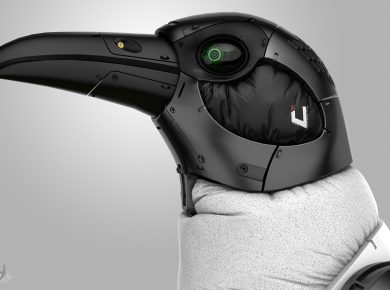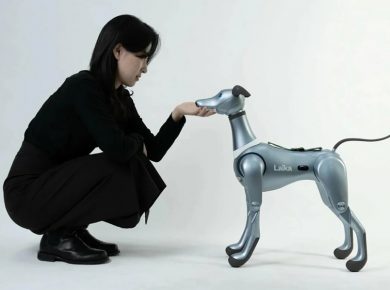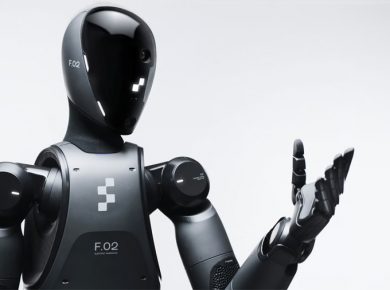
What if we told you that you can buy humanoid robots you can use in your everyday life? You read that right! This article will tell you about our top 5 Incredible AI Humanoid Robots, Which are available for sale today.
Here are the top 5 incredible AI humanoid robots that are available for sale today:
- Jia Jia
- Sophia
- Junko Chihira
- Atlas
- Nadine
Continue reading to find out more about these AI humanoid robots and how they work. We have listed some of the 5 best robots for you to choose from.
What Are AI Humanoid Robots?
As the term “humanoid” suggests, an AI humanoid robot is a robot that has the shape of a human body. Designed in the most human way possible– they have the ability to interact and are made to mimic a human figure with its physical characteristics but are actually a robot.
5 Incredible AI Humanoid Robots
Since there is a variety of everything in the world, there is a variety of humanoid robots as well. There are various purposes for which Humanoid robots are used. Mostly for research purposes, personal aid, and acting as caregivers. Let’s check 5 of the best AI humanoid robots.
Jia Jia
A team of students at a university in China – the University of Science and Technology designed this humanoid robot. It gained the nickname "the robot goddess of China" because of her appearance. During her interactions, she addresses people as "My lord" and is famous for her beauty.
Her beauty and looks make up for her not-so-fluent speech. But her speech and her lip synchronization are surprisingly good considering the technology we have today. A few notable features of Jia Jia are her eyes which can recognize or identify the object in front of her.
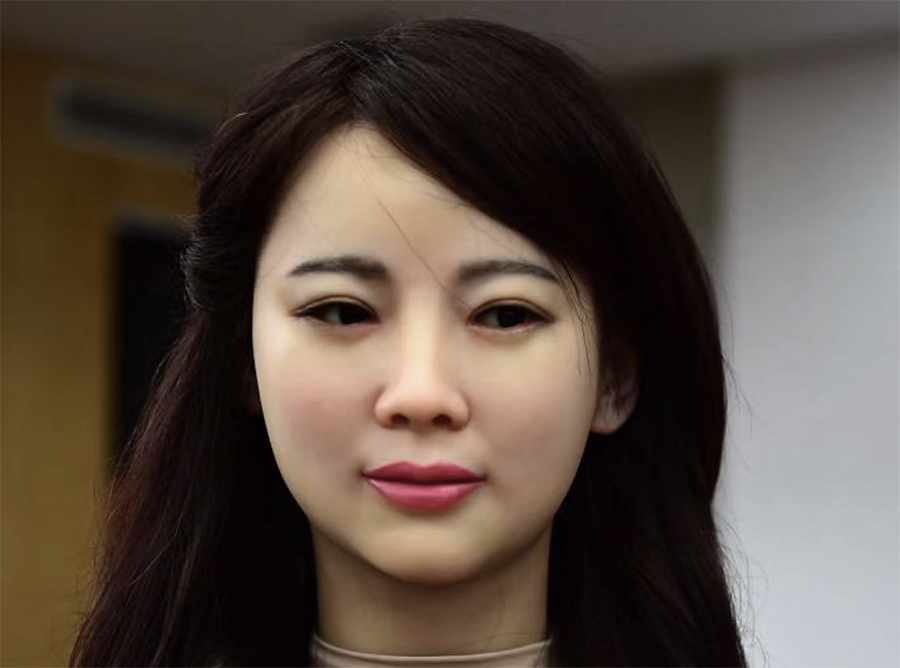
These gestures from the objects range from expressions, emotions, behavior, etc., and reply to them accordingly. She includes a feature known as speech-generation algorithms, allowing her to carry out conversations with humans.
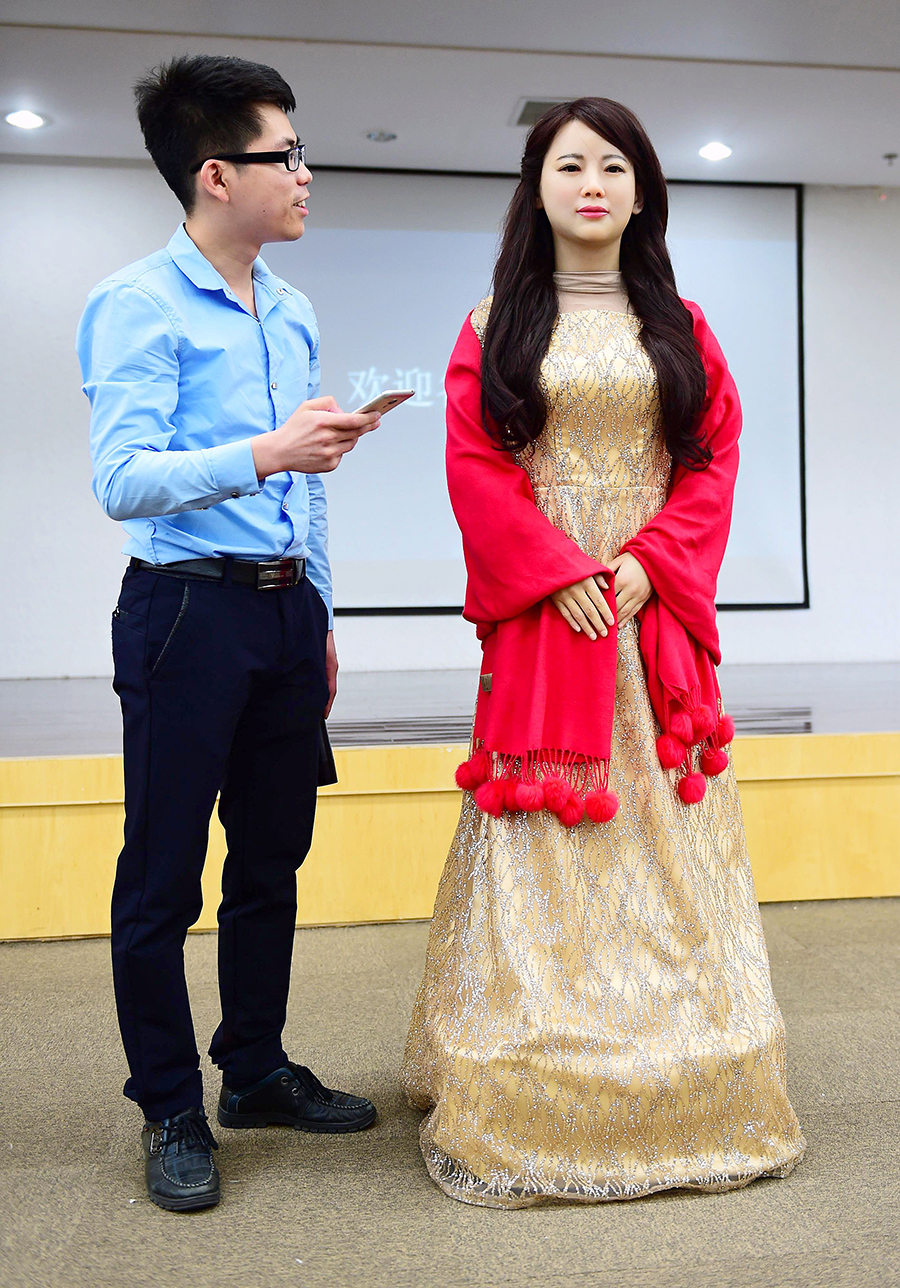
Her facial recognition features help her to track different faces in a room and their emotion. She also appears to have a good sense of humor when she asks the photographers to take pictures of her at such an angle that her face doesn’t look fat. Or that they were taking unsatisfactory pictures.

Sophia
What is one thing that Sophia has but the other humanoid robots don’t? If you guessed citizenship then you got it right. Sophia is the first ever humanoid robot to ever get citizenship in a country – Saudi Arabia.
Coming from Hong Kong, this robot, developed by a team at Hanson Robotics, is designed to resemble the iconic Audrey Hepburn because of this she has gained popularity over the years.
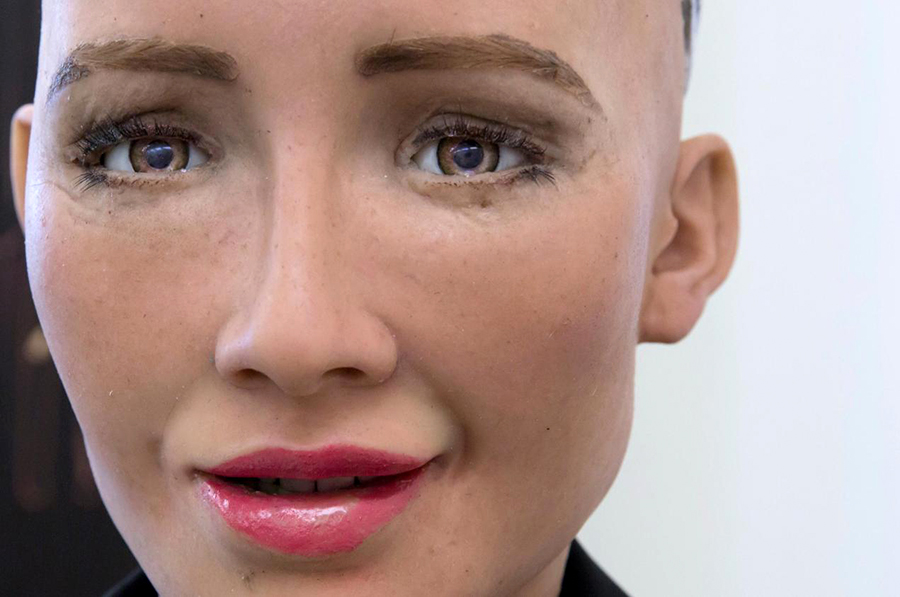
While she has a pretty appearance, her social skills are currently underdeveloped. The team is working on training her machine to improve these skills. Their goal is to help her to engage in more conversations and interactions with humans.
She has built technology and features that help her recognize and identify human emotions, gestures, and actions. Her ability to use natural language processing helps her to answer questions appropriately.
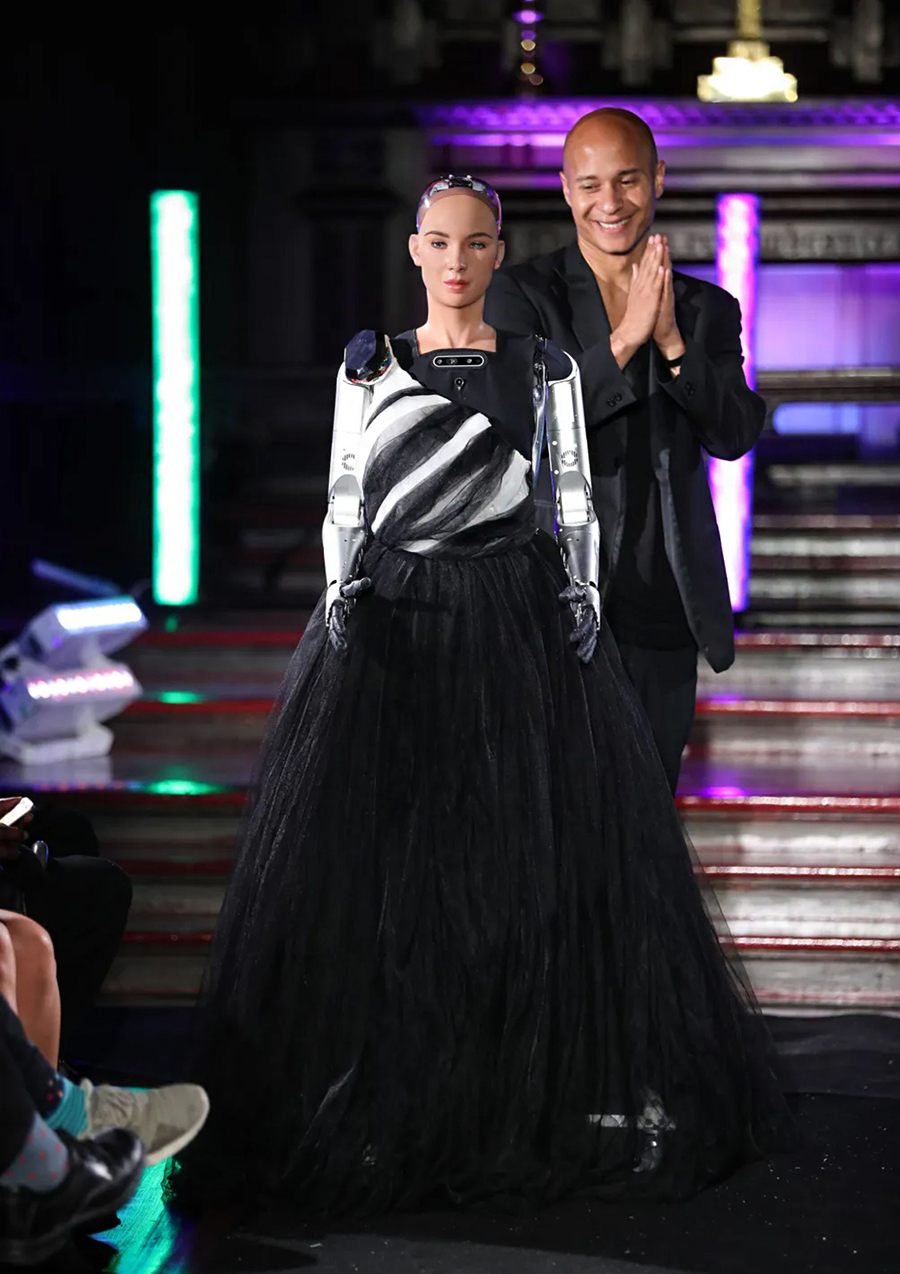
All these interactions are saved on a cloud network, which makes it easy to analyze quick dialogue analysis using blockchain technology. Her primary functions typically include serving as a caregiver, offering companionship to the elderly, and assisting in old age homes. This is great for interactions with the elderly.
If you wish to buy this humanoid robot you can buy it on the developer’s official website– Hanson Robotics. The current price of this robot goes up to $75000; there are only 100 units of this robot that are made every year so make sure to watch out to get your hands on one.
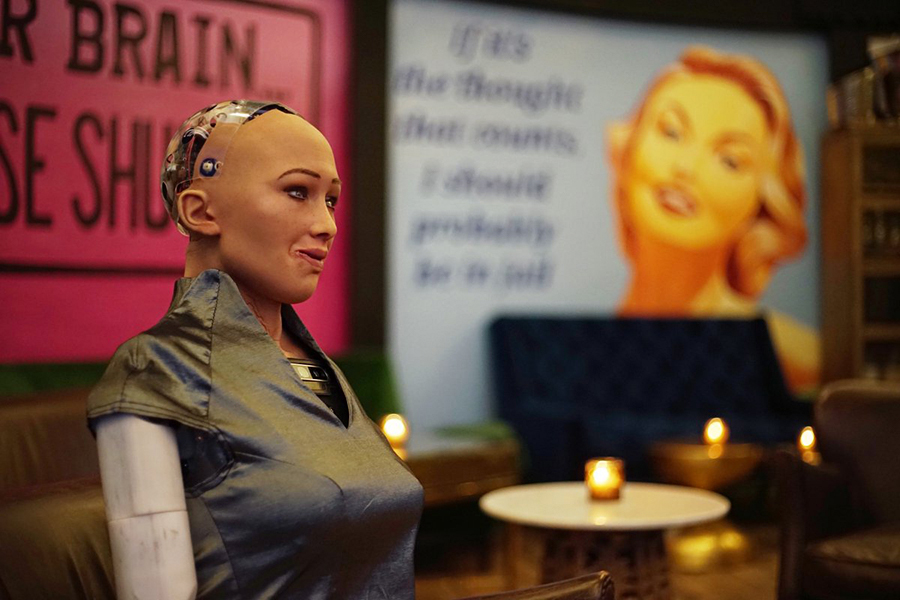
Junko Chihira
This humanoid robot can be found working at Aqua City Odaiba, a retail mall in Tokyo. She is there as a tour guide for you to answer your queries and give you directions if you need any. She is developed using the technology used by Hiroshi Ishiguro at Toshiba.
Hiroshi Ishiguro is a robotics researcher working in Osaka. We already know that Japan’s technology is immaculate and it is no surprise that Junko Chihira’s social interaction skills are great and better than the other humanoid robots.
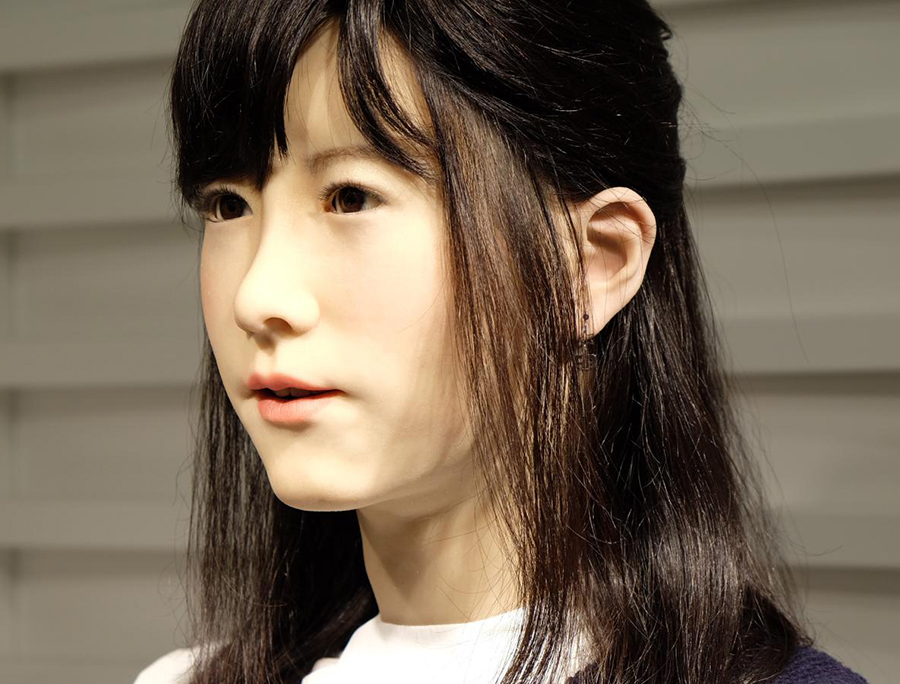
She also has a large spectrum of facial expressions and can use them while interacting. What is great about this humanoid robot is that she can greet people in Japanese, English, and Chinese, making conversation much simpler.
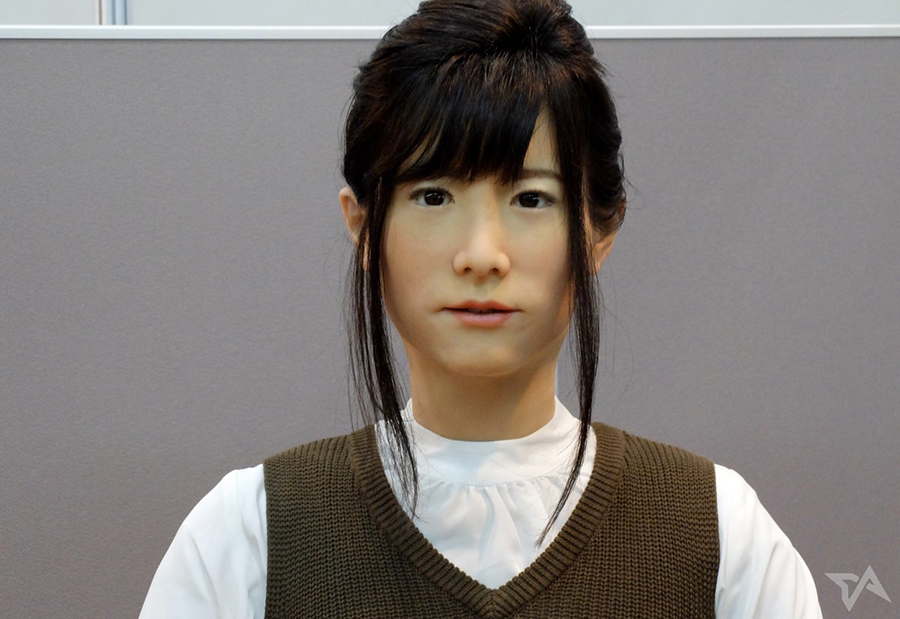
Junko Chihira can interact with deaf or dumb travelers using sign language. Isn’t that quite impressive? This humanoid robot can be bought at the price of roughly $67,448.17 and 10 million Yen (Japanese currency). You can find more details about purchasing it on the official Toshiba website.
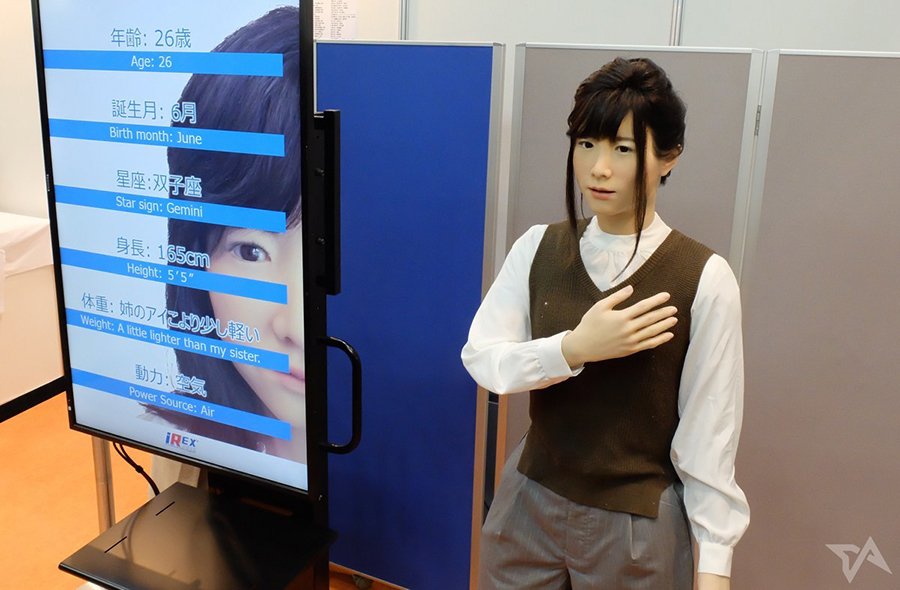
Atlas
He is a humanoid robot that was developed by Boston Dynamics. What is impressive about this AI robot is that it uses depth sensors to improve mobility, current time perception, and model-predictive management technology.
Atlas measures to be 5 feet tall and weighs to be around 196 pounds. He is designed to have in-built 3-dimensional parts and 28 hydraulic joints that can move more than 5 miles per hour. Not to mention, he also has 3 in-built computers.
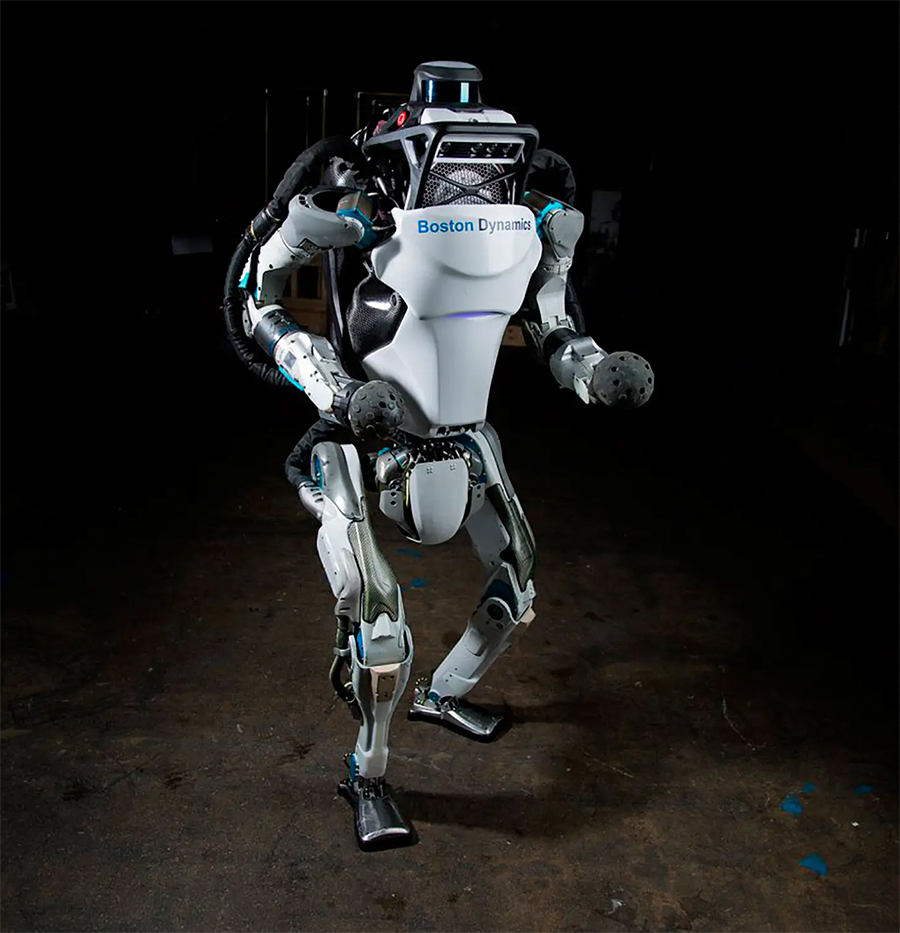
This humanoid robot was used to develop or enhance advanced software, hardware, and other features mainly for research purposes . This was done so that the next generation of robots could be modified into a better version.
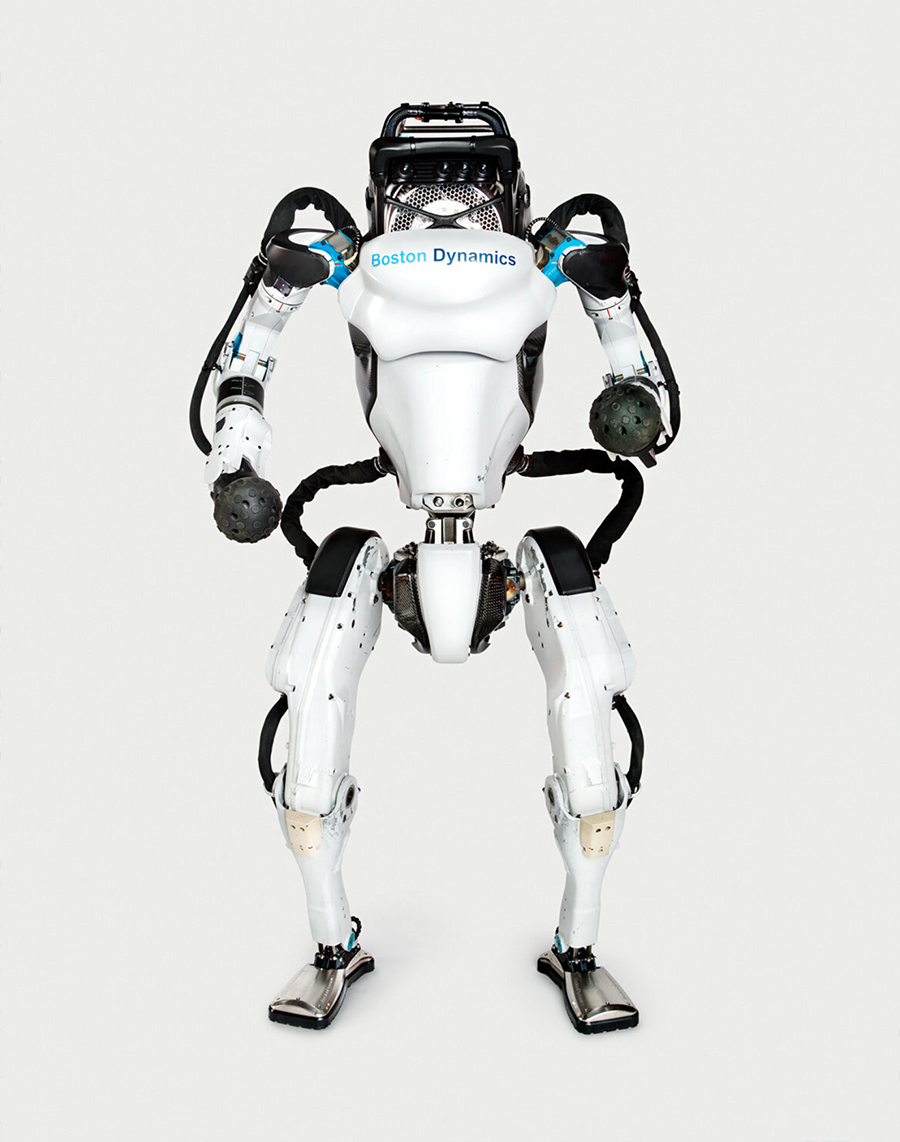
Atlas currently costs around $150,000 given the mechanism and technology that has been put into building it according to experts.
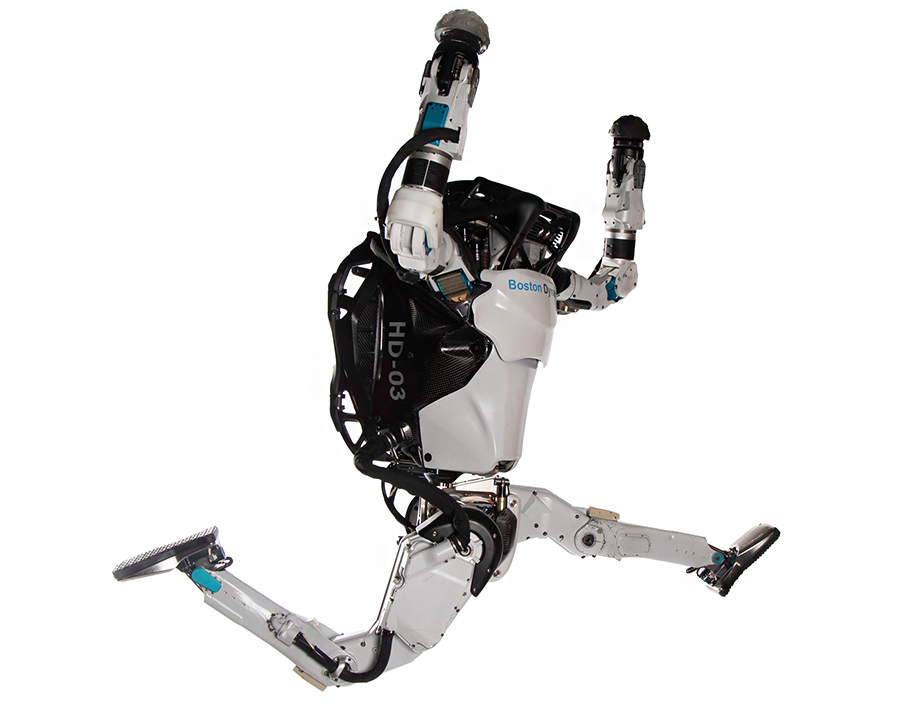
Nadine
She often leaves people mistaking to think that they are talking to a human during a customer service interaction. She is the most human-like robot ever made. This AI robot was developed by Kokoro Japan at a University in Singapore.
Nadine is currently working as a service agent at an insurance company at AIA Singapore. Her design has cutting-edge technology, capable of simulating close-to-perfect human interactions and replicating human behavior.
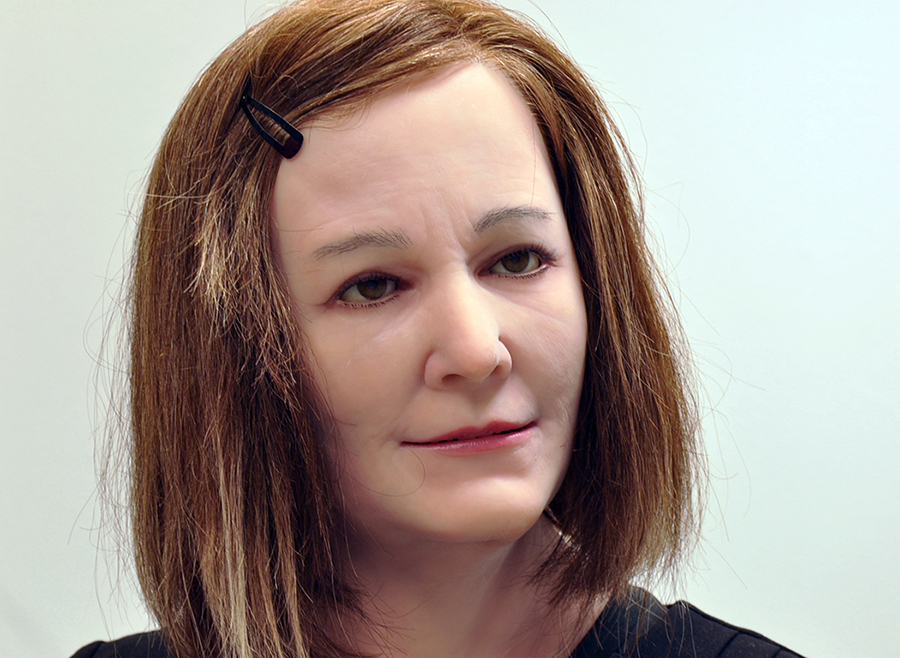
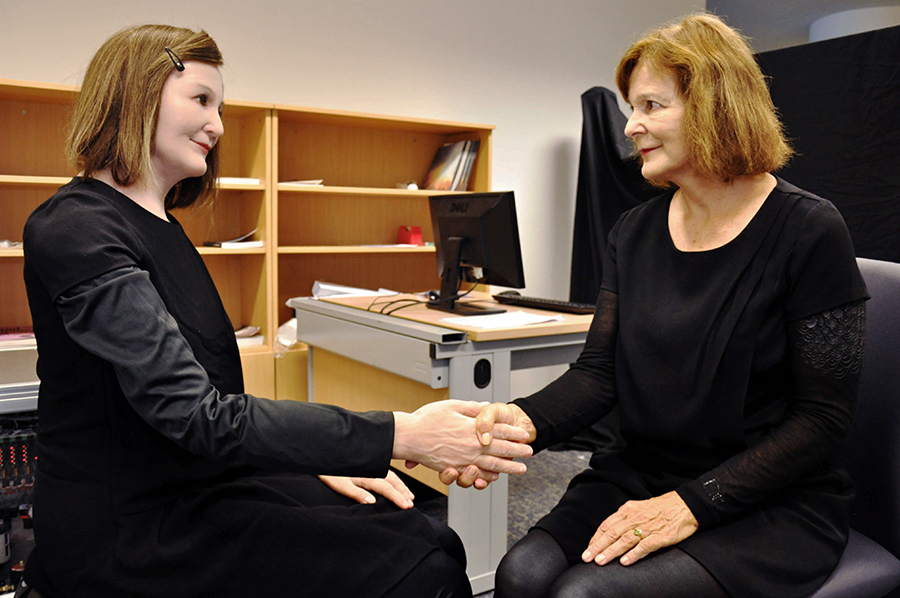
She has depth cameras that are 3 dimensional, a microphone, and a webcam that can collect visual and audio inputs and respond accordingly. The AI robot is made with pre-programmed chat functions, allowing it to provide responses to inquiries.
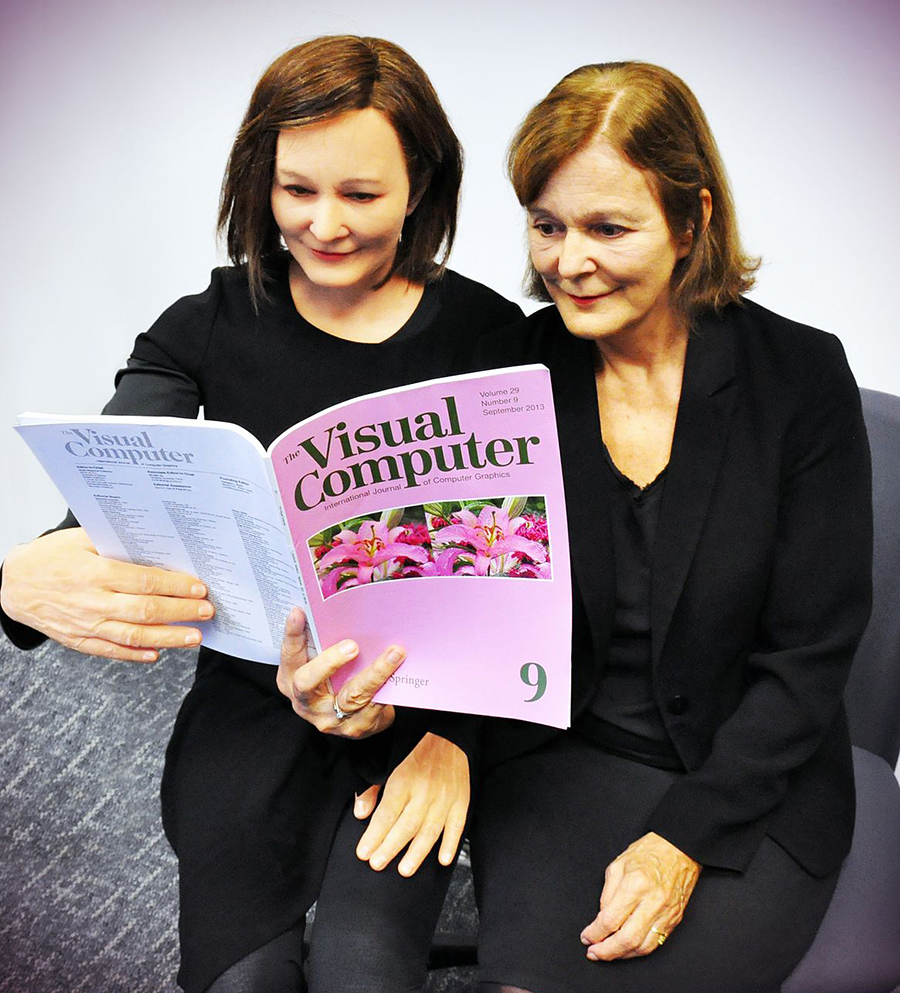
Creating Human-like Images with AI Human Generator
We looked at realistic, human-looking robots, this AI Human Generator is a tool that allows you to easily generate realistic human-looking pictures online. You get to generate pictures of people that do not exist in real life. It uses advanced AI technology that can create full-body pictures of people according to your settings.

With just a few clicks you can create a whole new imaginary person with respect to your likings. You have options where you can choose the ethnicity, poses, and clothes! And all this, you can do for free (non-commercial purposes) but you will have to contact them for commercial.
FAQ
Q: What is the best humanoid robot that is available today?
A: Sophia is rated to be the best AI humanoid robot that is available today. Sophia, developed by Hanson Robotics, in 2016 is the world’s first robot to get citizenship.
Q: What is the name of the first humanoid robot?
A: WABOT, developed in Japan by Ichiro Kato from Waseda University. The invention of this AI humanoid robot was the starting point for more robots as such. The time this AI Robbie came into the world, it changed the AI universe for more developments.
Q: How much does Sophia the AI humanoid robot cost?
A: This robot can be pre-ordered online from Hanson Robotics. Currently, it is priced at $7499.00 USD, not including taxes and shipping costs. All these are extra expenses you will have to pay for.
Q: Which is the smartest AI robot?
A: Again, the answer is Sophia. She has advanced technological capabilities that allow her to perform actions that are beyond the reach of most other AI humanoid robots. Hence making her the most intelligent AI robot among her peers.
